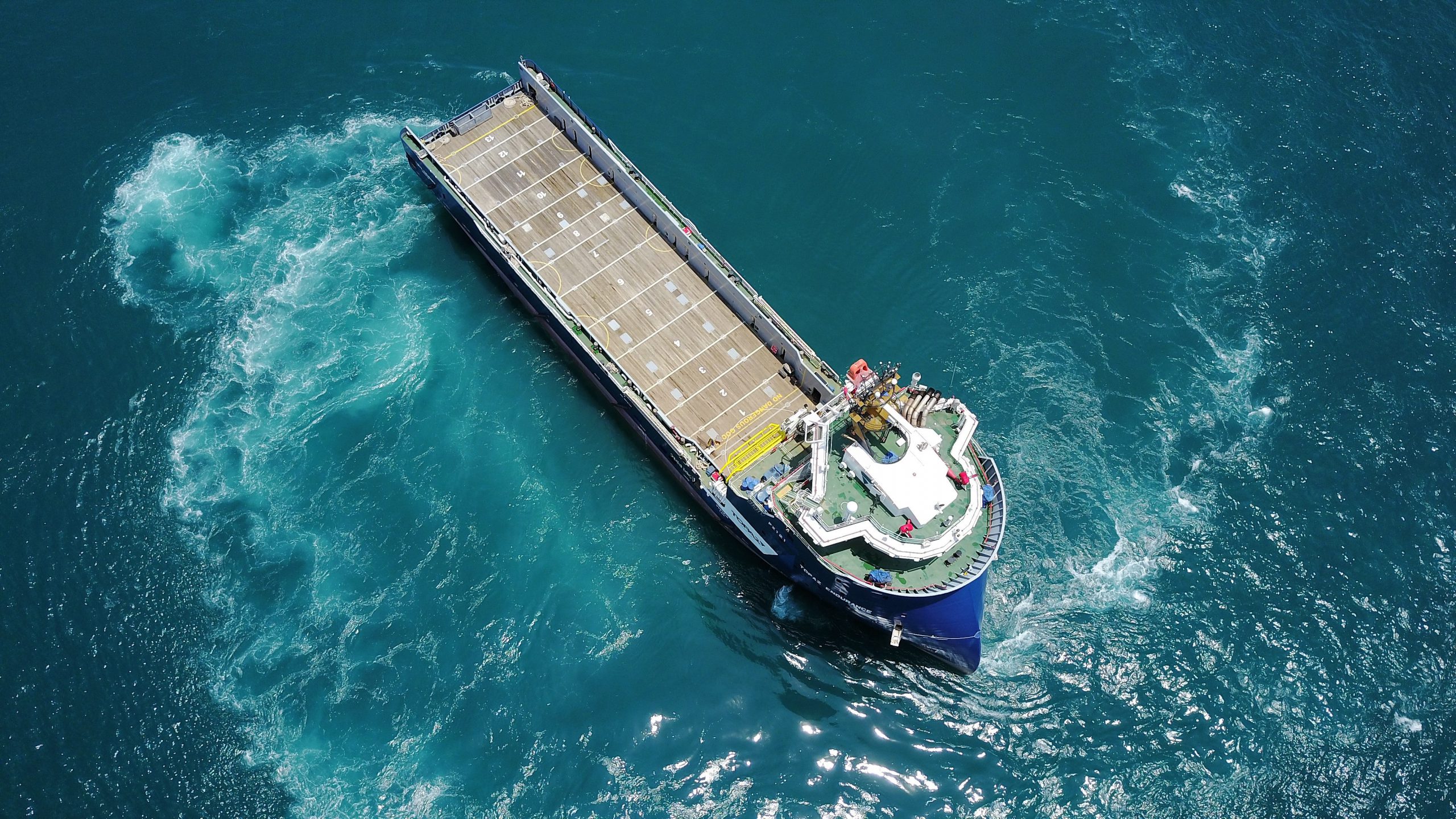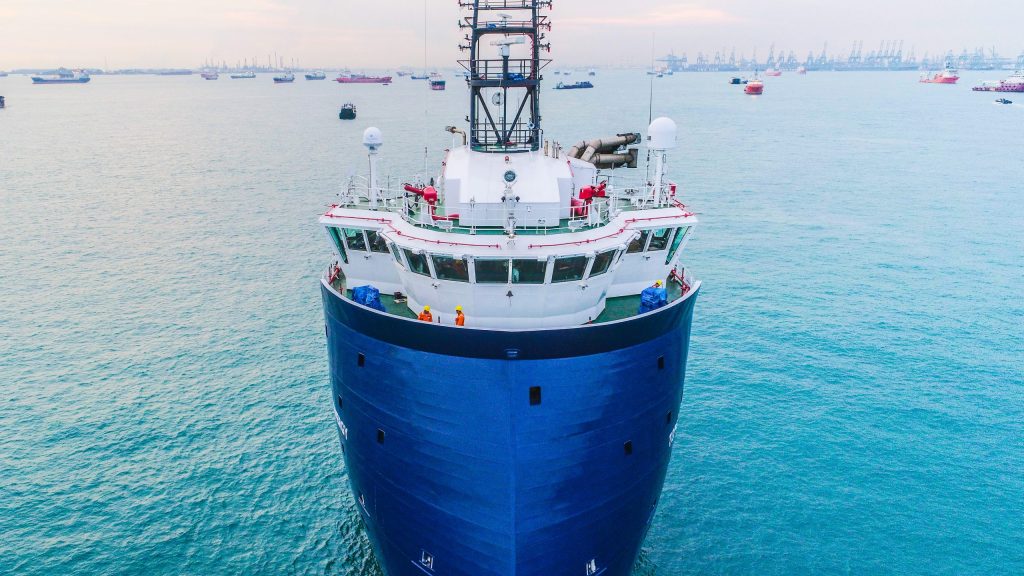Leading provider of marine solutions, P&O Maritime Logistics (a DP World Company), is unwavering in its commitment to shaping a low-carbon future. Driven by innovation, the Company’s journey towards carbon neutrality showcases the power of collaboration and shared responsibility in a robust decarbonisation pathway.
Capturing the essence of this pivotal journey, Benjamin Neal’s, Head of HSSEQ, latest whitepaper titled ‘Developing P&O Maritime Logistics’ Decarbonisation Pathway,’ addresses the multifaceted challenges and less-discussed obstacles to implementing a decarbonisation strategy. The pathway not only reaffirms P&O Maritime Logistics’ commitment to be carbon neutral by 2040 and generate net-zero carbon emissions by 2050 but echoes DP World’s overarching mission to redefine global trade and logistics through accelerated innovation and responsible practices as outlined in the ‘Our World, Our Future’ strategy.
Highlighted by the fourth International Maritime Organisation Greenhouse gases (IMO GHG), projecting a 90% to 130% increase in maritime GHG emissions by 2050 without significant decarbonisation efforts, underscores the urgency of addressing challenges and prioritising decarbonisation efforts.
Among these priorities, identifying alternative fuel availability emerges as a central concern. With extensive debate around alternative fuels such as methanol, ammonia, biofuels, hydrogen fuel cells, batteries, and nuclear energy, P&O Maritime Logistics acknowledges the need for meticulous research to assess these fuels’ suitability, availability and practicality in different operational regions.

Martin Helweg, CEO of P&O Maritime Logistics, remarked, “Our aspirations extend far beyond business success. We embark on a transformative journey, carving a sustainable path for the maritime industry’s future. By charting a strategic course that addresses challenges head-on and leverages opportunities, we are not just navigating change but leading it.”
As P&O Maritime Logistics sails towards a sustainable horizon, the Company tackles the challenge of navigating diverse regulatory environments. Operating in multiple countries and regions, the Company is subject to various environmental regulations and standards, presenting challenges and opportunities. P&O Maritime Logistics emphasises proactive engagement, internal expertise, and establishing cross-functional collaborations as essential components in navigating this complex regulatory landscape.
The maritime offshore business model’s focus on short-term contracts and cost efficiency poses a significant hurdle to decarbonisation efforts. P&O Maritime Logistics recognises the need for alternative contract models, and business approaches that provide stability and incentives for decarbonisation investments.
The Company’s commitment to a sustainable future extends beyond mere intentions. P&O Maritime Logistics emphasises the integral role of the human element in the decarbonisation journey. Clear communication, education, and engagement form the foundation of the Company’s pathway, fostering a culture of environmental responsibility. Cross-functional collaboration, rewards for innovative thinking, and leadership commitment are vital components in achieving the decarbonisation goals.
P&O Maritime Logistics is committed to leading the maritime industry’s transformation towards decarbonisation. By leveraging internal resources, engaging with regulatory opportunities, and nurturing a culture of innovation, the Company is paving the way for a more sustainable future and inspiring industry players to join the transformative change.

